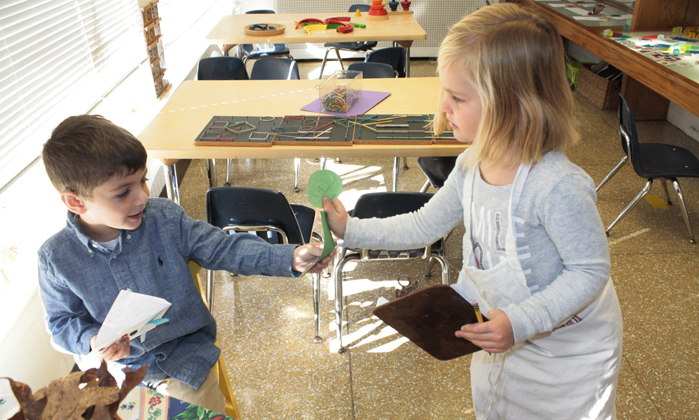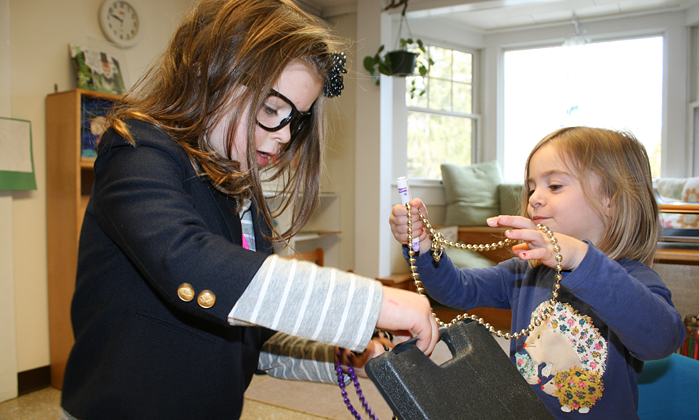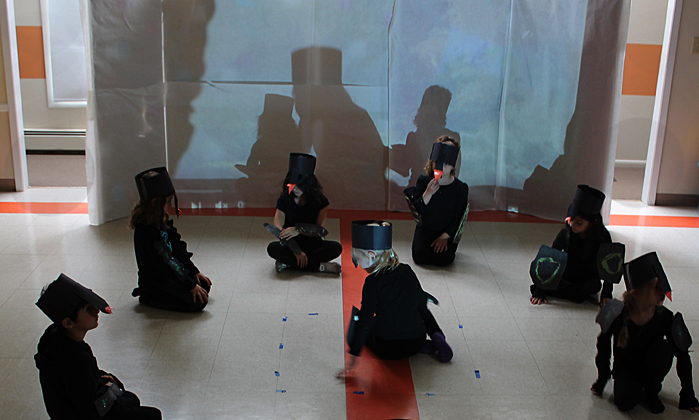At A Child’s Place playtime is respected as a very important aspect of the early childhood curriculum. It is crucial to enable children to become socially, morally, and intellectually competent. When they play, children experience autonomous problem solving and conflict resolution. Playtime demands that children invent, adapt, represent, and use language in order to participate.
Our teachers often structure their time to facilitate spontaneous child-directed play helping to extend the child’s initiative into various other curriculum areas while respecting their autonomy. Teachers also plan environments conducive to promoting play which enables children to integrate experiences from home and/or school projects.
Adults need to know that play is an important vehicle for learning and that children play with ideas, words, and actions in order to learn. True knowledge comes from the individual’s ability to construct that knowledge on his own. Play also gives children the security to challenge recognized authority without risk of loss of approval.
As children move into the primary grades, the dramatic play slowly changes to imaginative creations either in micro worlds of blocks, sand or the computer, or to original dramas with child made props and costumes. The Primary Class also begins a more developed dramatic arts curriculum with presentations including scenery production and assigned speaking parts, which are presented to the other classes.




